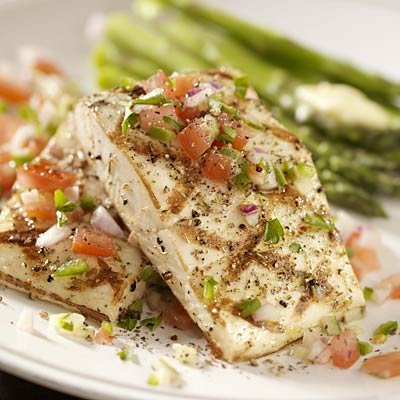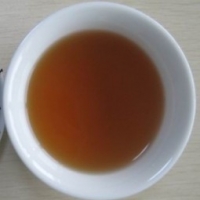How To Measure Weight Loss
The scale has always been used to measure success of a diet. After all, weight loss is a common goal of most diets. However, it is important to clarify the difference between weight loss and fat loss. Since most dieters want to lose fat, not just weight, it is important to understand the difference.
Weight loss can be the result of losing body fat, body water, or even lean body tissue. There are some dieters who still believe that all that is important is reaching a set weight. Some dieters have a goal weight in mind and don't care about other factors, as long as they reach their goal weight. If the goal is simply weight loss then the scale is the only measuring tool required.
It is important to remember that weight loss alone may not improve health. If weight loss occurs at the expense of body water or lean tissue, health may be adversely affected. If weight loss is the only goal, it can be accomplished by cutting off an arm or leg. Yeah, a bit extreme, but it doesn't make sense to sacrifice your health through dehydration or loss of lean tissue either.
So, since fat loss is the ultimate goal, and the healthier goal, the scale should not be the only tool for measuring success. Using other tools to assess the success of a diet plan will help to paint a complete picture of the diet. The mirror should be a big part of your assessment. Watching the changes in your body will help you assess whether a diet is truly successful, or not. It will also help you to see if the weight you are losing is fat or lean tissue. You will be able to see new curves develop and old ones disappear. Loss of lean tissue will become apparent in the tone and shape of the body.
Comments from family and friends can be another important tool. It is especially helpful from those who don't know you're dieting. Comments such as, "You look younger," Are you losing weight?", or "Wow, you look great, you must have lost ** pounds," are all good indicators. Watch out for comments like, "You look sick," "Are you feeling okay?", "You look exhausted." These will tell you that your diet may be going in the wrong direction. Other good measuring tools include, the fit of your clothes and the change in the ease of daily activities.
When using a scale it is important not to over use it. Many dieters fall into the trap of weighing themselves everyday. A person's weight can fluctuate a few pounds each day, depending on water retention or loss. This can quickly lead to frustration, and the long-term success of the diet is often lost in the day-to-day details.
When assessing the success of a diet the combination of the scale and other measurements will give a much better overall assessment. Together, they will give a better accounting of whether the weight lost is fat or lean tissue. And, remember that a diet should not cost and arm and a leg, or any other unhealthy loss.
Jennifer Olsen was a master of failing at different diets. She understood that there were more to losing weight then just going on a diet. Today she has lost nearly 50 pounds with the calorie-shifting diet and learned easy ways to change routines and habits to keep weight.
She made a mini-site that gives examples of calorie shifting, complete fast weight loss diets and reviews of diets and books that helped her stop living the unhealthy life and turning around into a more healthy life-style.
If you are interested in learning more please Click Here!
-
Atkins Diet Phase 1 Food List
Do you often look at yourself in the mirror to seek for where of your
-
Fat Burning Furnace Fitness-Fat Burning Furnace Review
Rob Poulos, who has fought against his overweight since his childhood.
-
Coris Creations - Salmon Burger Atop Veggies
Theres nothing more fun then being creative with foo
-
Fat Burning Furnace - Hate Eating Tasteless Diet Food? Read this Quick Weight Loss Tip!
How to Lose 26 Pounds in 7 Weeks! If you need a quick weight loss tip,
-
Review The Diet Solution Program
The Diet Solution Program is an e-book with 180 pages written by Isabe
-
Weight Loss Diet Plan - Health Food Delivery Services
When it comes to creativity and innovation, loss of weight, body wonde
- DON'T MISS
- Yoghurt drinks and weight loss
- What Kinds Of Colon Cleansing Treatments Are Available?
- Running to Lose Weight – A Sure-Fire Approach to Losing Weight
- Curb Your Hunger and Lose More Than 10 Pounds
- A diet pill which works well: Lipo-6
- Best Exercise To Lose Weight Faster
- Fasting- One Of The Most Effective Ways Of Losing Body Weight
- Bodybuilding Fat Loss Diet - Easy Fat Loss Tips
- Liposuction Thailand Female of the species
- Losing Weight Through Master Cleanse Body Detox Diet




